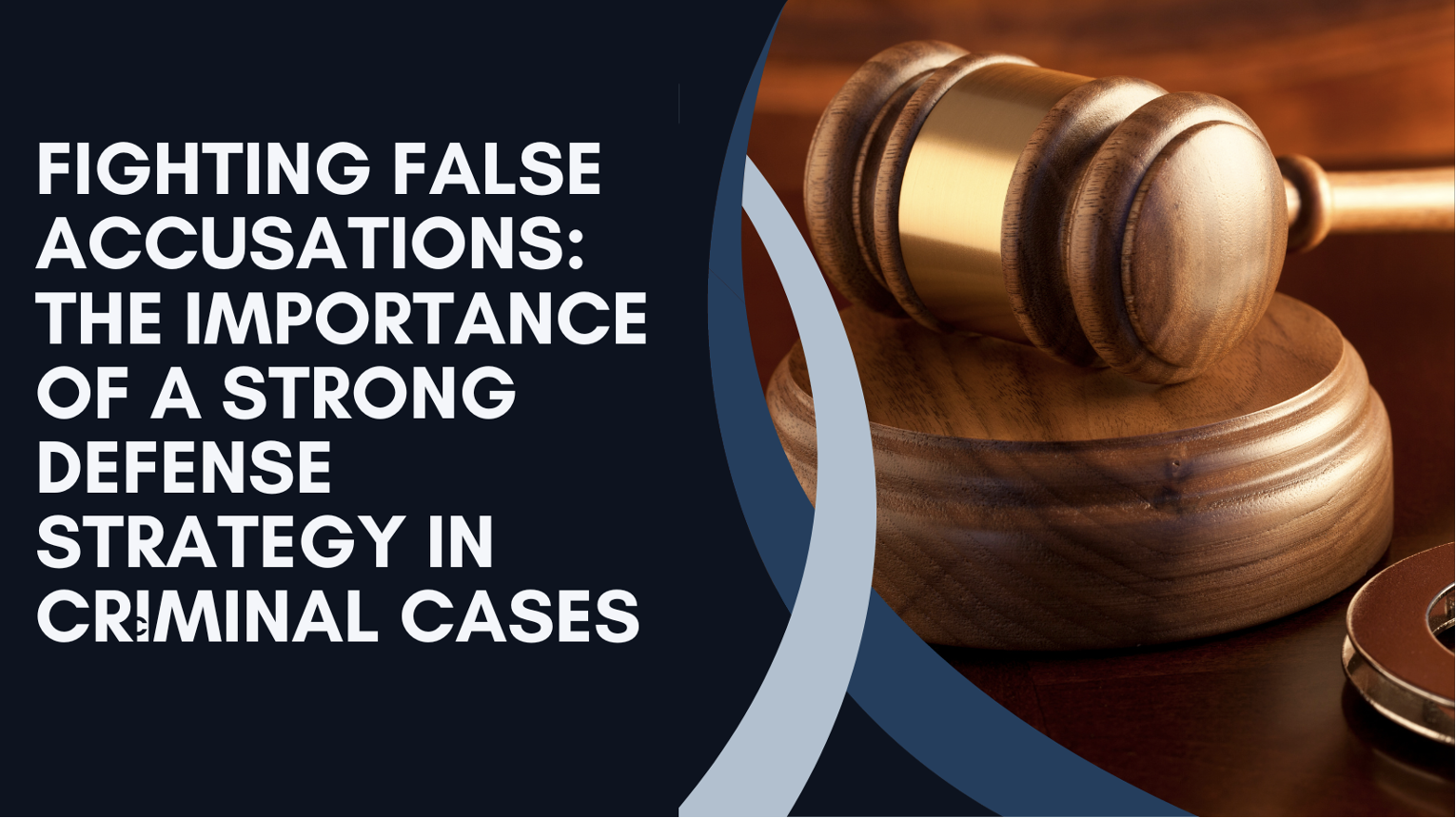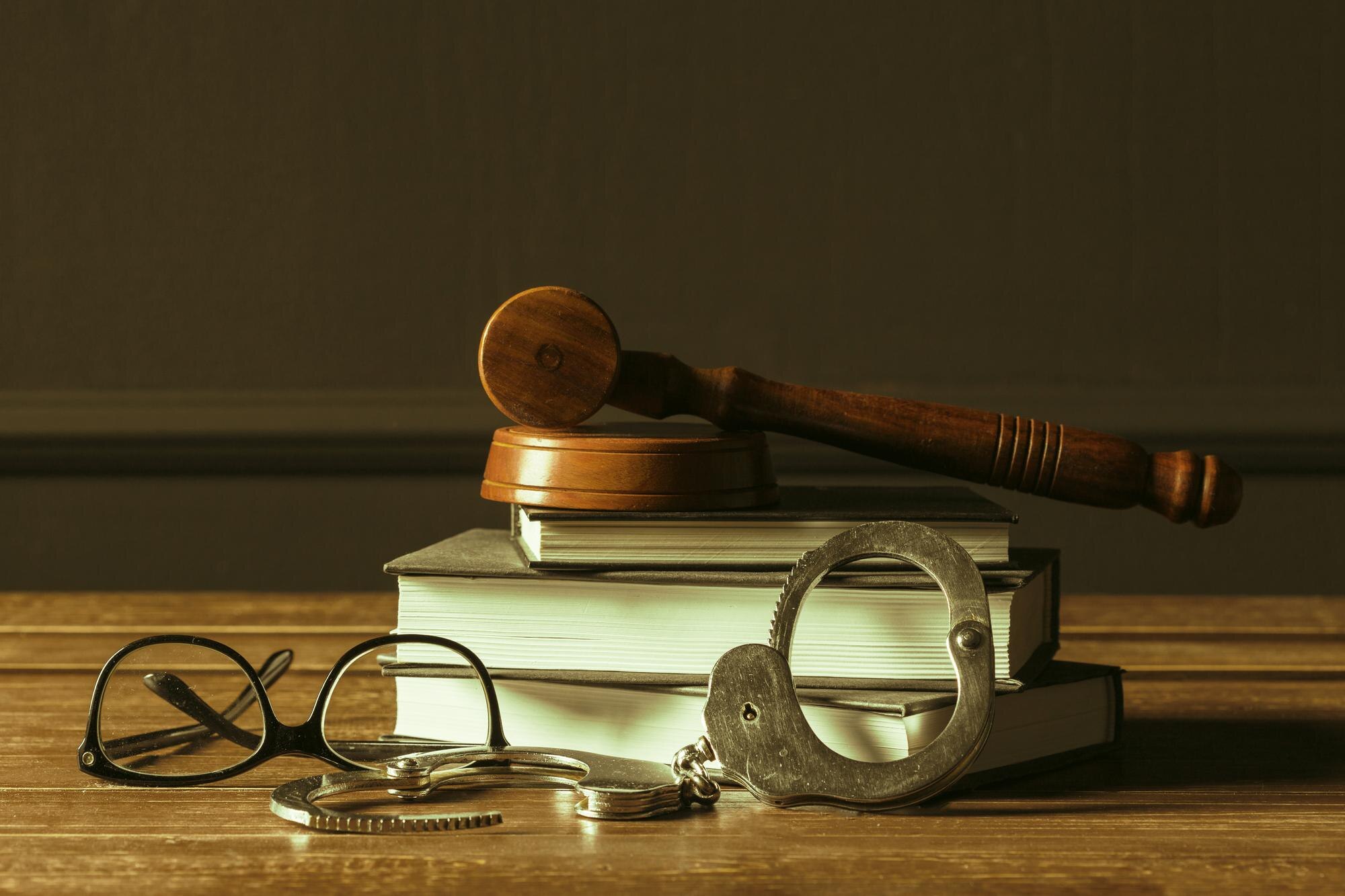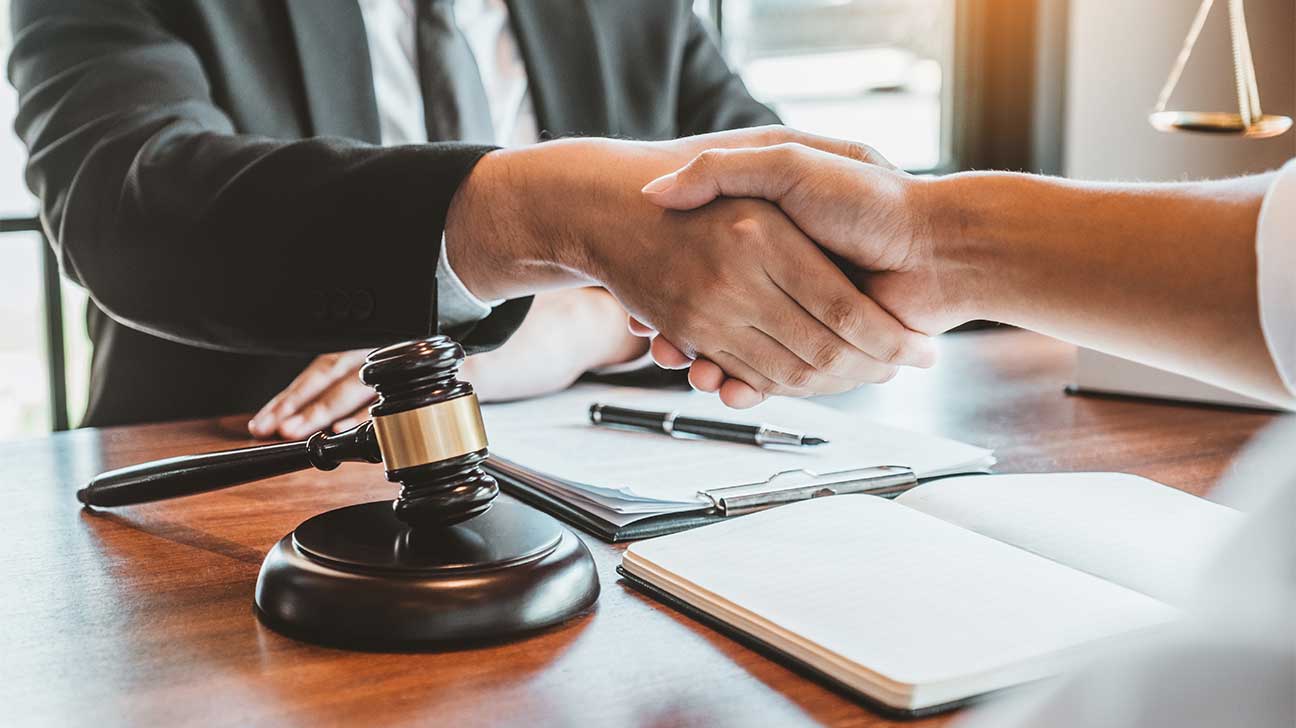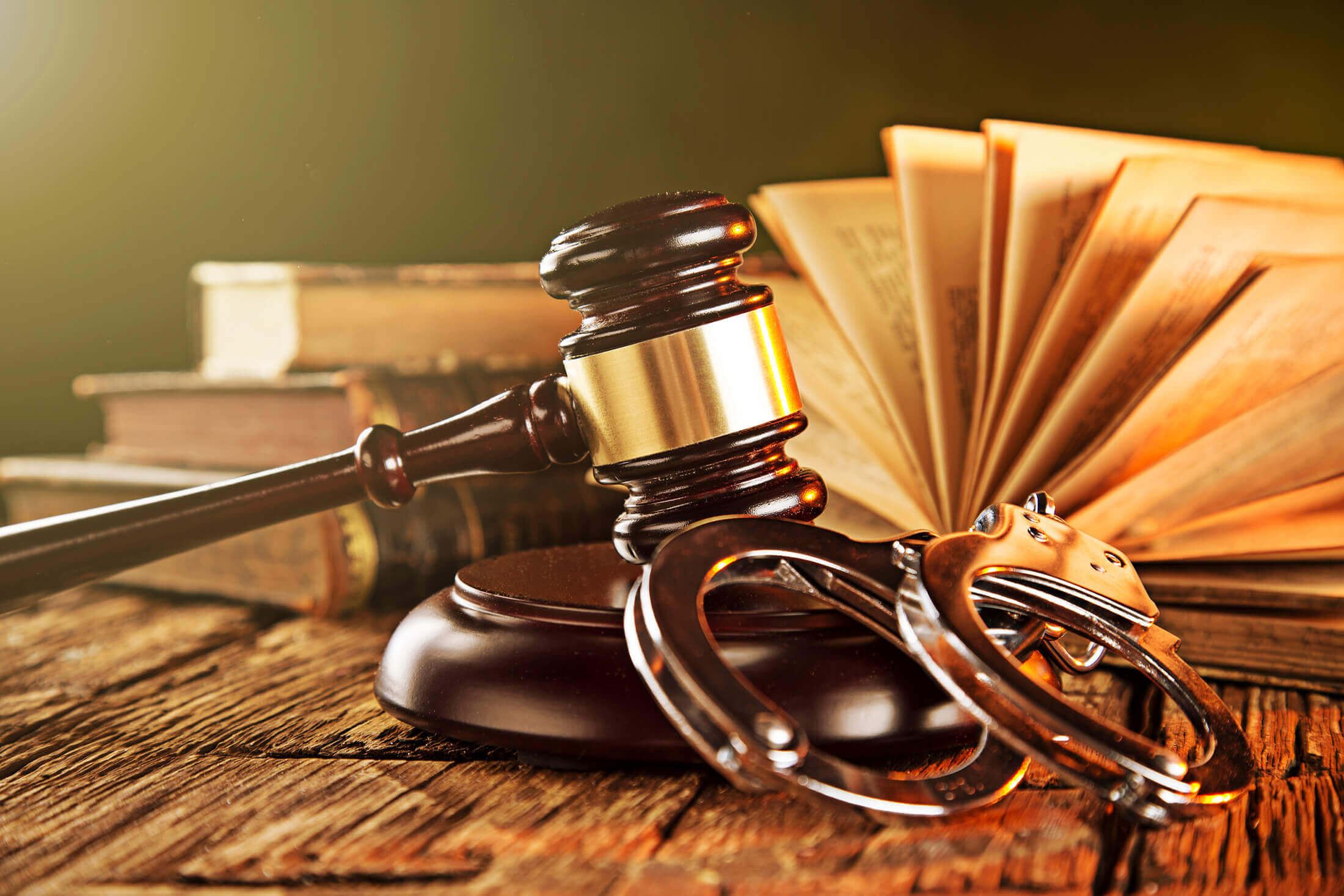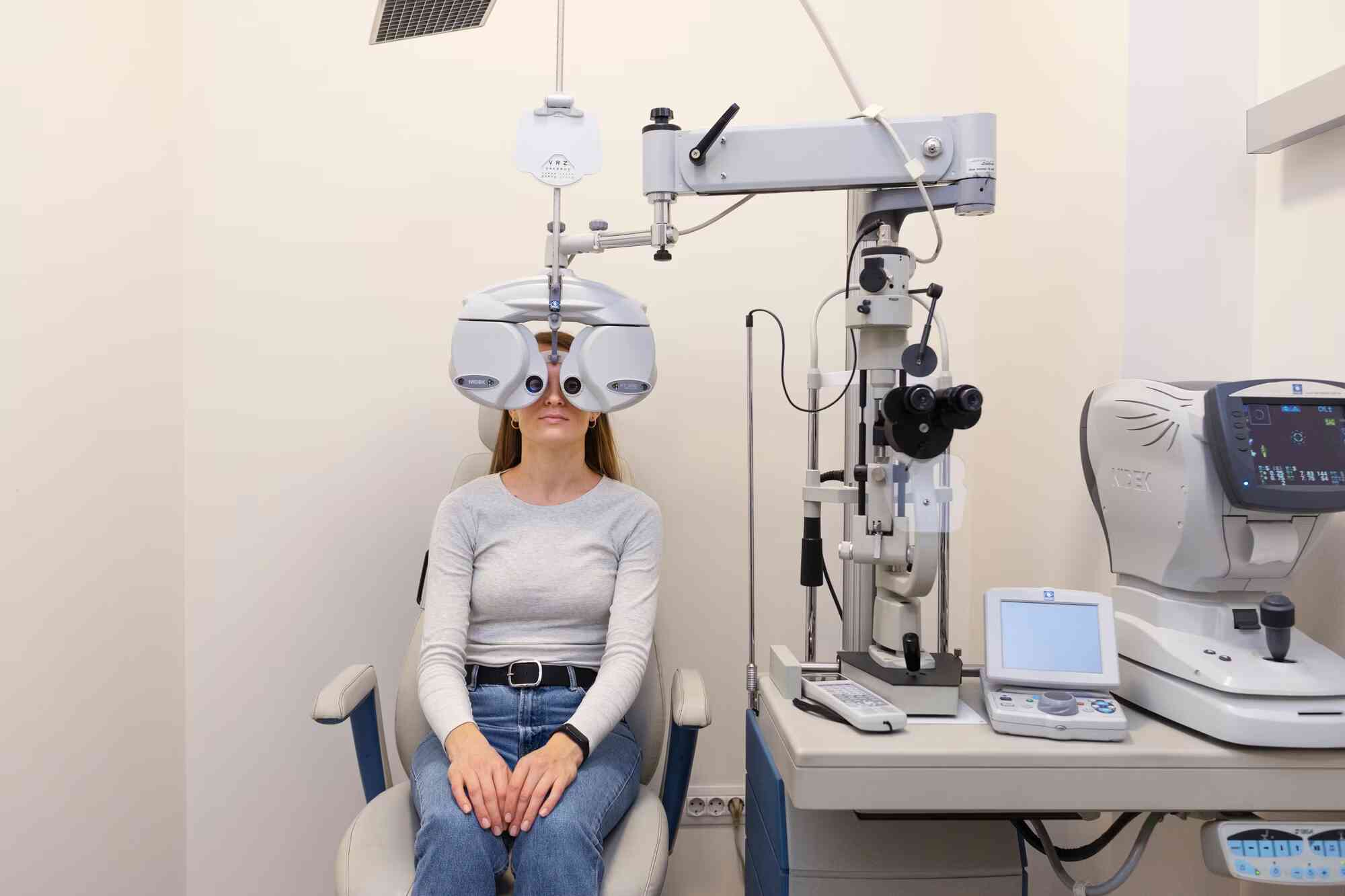Today, false accusations can occur in various criminal cases, including assault, larceny, sexual assault, and murder. False accusations may destroy personal and professional relationships and reputations, resulting in lengthy incarceration.
How can blameless individuals defend against false accusations? Develop a strong defensive strategy. The defense refutes the prosecution’s evidence, undermines their arguments, and creates an alternate narrative demonstrating the defendant’s innocence. It requires exhaustive research, meticulous analysis of the evidence, and qualified criminal law defense specialists.
This article empowers those confronting false accusations and those interested in the criminal justice system with helpful information, practical assistance, and thought-provoking discussions. Join us as we discuss false accusations and strategies for criminal defense. Let’s overcome the legal conundrum and uphold justice.
What Does It Mean to Make False Accusations?

To comprehend how false allegations affect individuals and the legal system, it is necessary to define them. False allegations accuse an innocent person of a crime or misconduct. Legal implications, reputational damage, strained relationships, and emotional distress can result from minor infractions to serious felonies. Protecting the rights of the accused and guaranteeing a fair trial are two of the most critical roles criminal defense lawyers can play. To maintain an equitable legal process for all parties, it is necessary to distinguish between fraudulent and legitimate claims. Criminal defense lawyers provide legal counsel to the accused person throughout the entire legal process. They explain the charges, potential consequences, and available legal options. They also advise on the best course of action to take, considering the specific circumstances of the case.
Understanding why people make hurtful accusations by looking at their underlying motivations is important. Sometimes people make false accusations for various reasons, such as holding a grudge, seeking revenge, seeking financial gain, fighting child custody battles, or trying to shift the blame onto someone else.
In some situations, people make untrue accusations out of jealousy, resentment, or control. In addition, motivation can be influenced by cultural biases and social pressure. By understanding these objectives, we can uncover the facts, protect the innocent from false accusations, and hold those responsible.
What Are the Consequences of False Accusations?
Legal Implications
Accusations that are not fair could result in serious legal consequences. False accusations can seriously affect someone’s reputation, career, relationships, and finances. Someone accused of a crime could be detained, jailed for some time, or undergo a long trial. If someone is wrongfully accused of a crime, they may be convicted and sent to prison. This is a serious injustice that can have devastating consequences.
Ensure that innocent people are not wrongly accused of crimes, as the consequences can be serious. It’s a good idea to hire a criminal defense attorney to ensure everything is fair and unbiased.
Emotional and Psychological Impact
When someone is falsely accused, they may feel a range of emotions such as shock, disbelief, anger, anxiety, and helplessness. When someone is accused of something, they might feel really stressed out and worried about what could happen to their reputation, relationships, and future.
This can lead them to feel even more anxious and depressed than usual. Feeling stigmatized and socially isolated can make the emotional burden even worse. Criminal defense attorneys assist their clients who are falsely accused of a crime by supporting any mental health concerns that may arise.
Elements of a Strong Defense Strategy
Building a Solid Legal Team
False accusation cases require a skilled and experienced criminal law defense team. A good legal team will know the law and preserve the accused’s rights. They will advise, investigate, gather evidence, and create a strong defense plan based on the case. Strong negotiation and advocacy abilities allow a good criminal law expert to counter false claims and deliver a persuasive defense. The accused can improve their prospects of acquittal by establishing a trustworthy and dedicated legal team.
Gathering Evidence
Defending against false claims requires gathering proof. It entails gathering persuasive evidence to prove the accused’s innocence and discredit the false accusations. This may include witness testimony, surveillance footage, digital proof, phone records, bank paperwork, or other relevant data that can reveal the truth. Criminal defense attorneys assiduously collect evidence to demonstrate their clients’ innocence and refute false accusations.
They help gather evidence involving diligence, attention to detail, and defense-investigator cooperation. The evidence shows inconsistencies, contradictions, or ulterior intentions behind the false claims, enhancing the defense’s case and raising reasonable doubt in the judge and jury. An evidence-based, solid defense can help the accused fight false accusations and win a fair trial.
Expert Witnesses and Forensic Analysis
Expert witnesses are specialists who can provide objective judgments and insights. For instance, forensic analysts, psychologists, DNA experts, and ballistics experts can provide scientific evidence, expert testimony, and interpretations to support the defense. They can find contradictions, question the prosecution’s evidence, and offer defense-friendly answers. Physical and digital forensic investigations can help prove the accused’s innocence. Expert witnesses and forensic analysis can help the defense prove false claims.
Thorough Investigation
A false accusation defense requires a thorough investigation. It requires examining the evidence, reviewing the case, and finding discrepancies, contradictions, or ulterior intentions behind the false charges. Witness statements, surveillance footage, digital evidence, background checks, and leads are part of a thorough investigation. It demands careful study and defense-investigator cooperation.
By investigating thoroughly, the defense can find key evidence, discredit the accuser, and prove the accused’s innocence. This procedure strengthens defense cases and exposes fraudulent accusations.
Navigating the Legal Process
Presumption of Innocence
Under the presumption of innocence, a defendant is presumed innocent until proven guilty. The prosecution must establish culpability beyond a shadow of a doubt. A competent criminal defense attorney fights ceaselessly for their client’s rights and fairness. It prevents erroneous convictions and stresses fairness and due process. The judicial system promotes fair and impartial trials by protecting the presumption of innocence to avoid stigmatizing and punishing innocent individuals.
Strategic Defense Tactics
False accusations require creative defense from criminal law experts. These strategies meticulously plan and implement a legal strategy to discredit the claims and cast reasonable doubt on the prosecution’s case. Cross-examination of witnesses can demonstrate bias or inconsistencies, offer alternative interpretations, examine the chain of custody of evidence, or refute prosecution claims through expert testimony.
The objective is to dismantle the prosecution’s case and establish the accused’s innocence. These defense strategies can assist the defense in refuting fraudulent claims and strengthening its position in court.
Mitigation and Plea Bargaining
Even the innocent should pursue mitigation and plea bargaining when confronting false accusations. Accepting a plea bargain may mitigate risks and enhance outcomes. The defendant offers to plead guilty to a lesser charge or cooperate in exchange for reduced penalties or a lower sentence during plea negotiations.
Paradoxically, pleading guilty when innocent can be a strategic move to avoid trial uncertainties and severe penalties. During plea negotiations, however, defense attorneys must carefully weigh the benefits and risks to protect the accused’s rights and interests. The decision to plea bargain or proceed to trial should be based on the evidence and the accused’s best interests, as each case is unique.
Conclusion
False criminal accusations necessitate a robust defense strategy. False accusations can destroy reputations and result in legal, financial, and emotional difficulties. Therefore, these circumstances require extreme caution and a powerful defense plan to refute false accusations.
Defending against fraudulent accusations requires a comprehensive investigation, clear communication, strategic presentation, vigilance, collaboration, and public awareness. By prioritizing these factors, you can construct a justice system that accurately distinguishes between truth and falsehood, protecting the innocent from false accusations.

